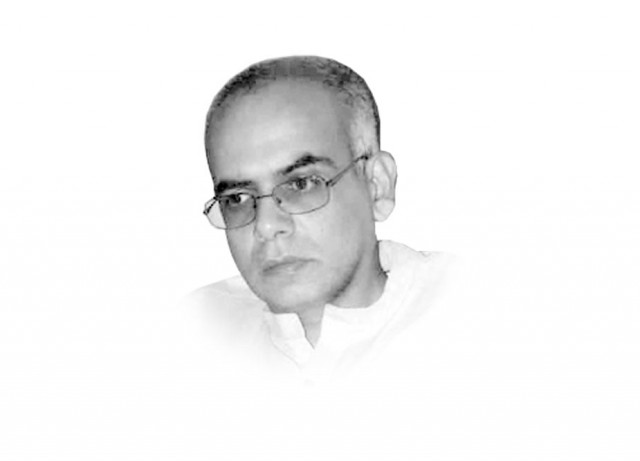Not being able to buy food
Why prices of food have become unaffordable in Pakistan despite it being an agriculture country is hard to understand.

Not being able to buy food
According to prominent international NGO Oxfam, increasing food prices in Pakistan are forcing nearly 120 million to spend between 50 to 70 per cent of their household incomes just to buy food, and 36 per cent of our population has now become undernourished. This assessment was cited in Oxfam’s latest global survey, published last week, which includes Pakistan amongst the 21 nations facing a serious food crisis.
It is hard to dismiss such alarming statistics, since they only reinforce the gravity of the situation highlighted last year by a study conducted by Islamabad-based think tank Sustainable Policy Development Institute (SDPI), in partnership with the World Food Programme, which had warned that half of Pakistan’s population was threatened by food insecurity, and this was before floods had hit large parts of the country.
Food security in our country has been deteriorating since 2003. Food insecurity is deemed to be particularly severe in conflict-ridden Fata and Balochistan. Although it is difficult to present conclusive empirical proof, the SDPI has said that poverty and hunger fuel violence and insecurity.
This current food crisis has a global dimension, and it is indeed a shame that after decades of steady progress in the fight against hunger, the number of people without enough to eat may again exceed the one billion mark.
The current food crisis affecting African countries affected by drought or overly reliant on food imports is one thing, but why prices of food have become so unaffordable in a country like Pakistan despite it being an agriculture country is harder to understand.
Decision-makers in our country have been congratulating themselves for improving the lives of the rural population by increasing the support price of wheat, the staple food grain in the country. The government is the biggest buyer of wheat in Pakistan and its procurement prices dominate pricing trends in local markets. The government has justified this price increase to not only incentivise high production targets, but to in turn ensure food security for the country. However, local food expert continue pointing out that food security is linked more to prices than availability.
Many poor people do not have enough food because of their low income levels, not because there is no food available in the marketplace. It is a mistake to think that this problem only affects the urban poor. Due to the highly inequitable distribution of land in rural areas, a substantial proportion of rural households also do not grow their own food, and thus depend on daily wages, non-agricultural incomes and remittances to make ends meet.
The gap between the incomes of the people and food prices across the country has now reached an alarming level, which will unfortunately not subside after the month of Ramazan is over. It is thus high time we took solid steps to tackle the underlying causes of poverty and growing inflation across the country, so as to reduce the widening gap between food prices and the ability of ordinary people to purchase it.
Published in The Express Tribune, August 13th, 2011.














COMMENTS
Comments are moderated and generally will be posted if they are on-topic and not abusive.
For more information, please see our Comments FAQ